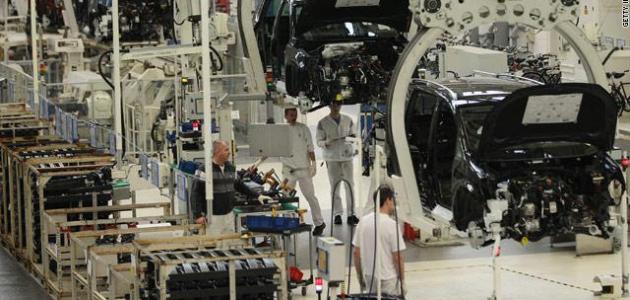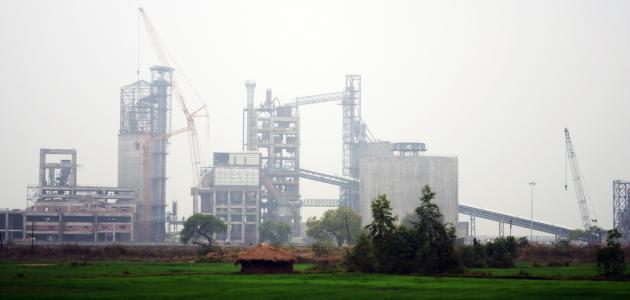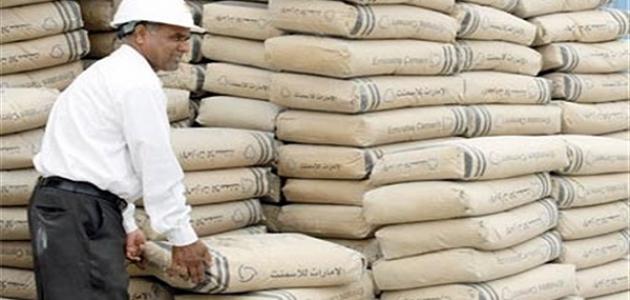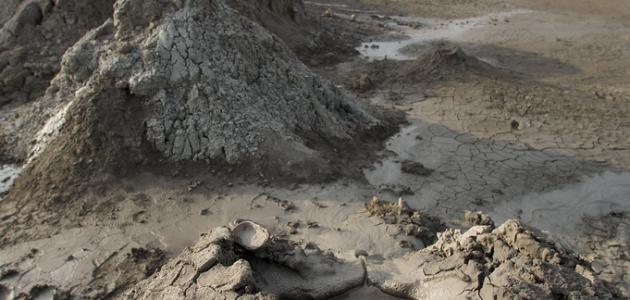Industry
If we talk about industry, we must and will mention industrially advanced countries such as the United States of America, Japan, China, Germany and many other countries known for their fame in industry. We can define industry as the process through which raw materials are made more suitable for human requirements and needs. By changing its form and increasing its value to suit the purpose for which it was made. In this article, we will take a look at the importance of industry at the level of individuals and governments. We will also mention the elements of industry whose presence helped some countries advance industrially, while its deficiency led to industrial delay in other countries.
The importance of the industry
- Providing the necessary manufactured products for individuals.
- Employing the workforce and thus reducing the unemployment rate.
- Increase human well-being.
- It raises the standard of living of the state, both government and individuals.
- It contributes to the development of other economic activities such as agriculture and trade.
- Increase national income.
- Exploiting the surplus of agricultural and animal products in the country.
Industry components
There are many components that must be present in order for a particular industry to be established, and they are as follows:
Having sufficient capital
The presence of sufficient capital is an important component of the success of the industry. Some industries need complex and expensive machines, such as the manufacture of cars and heavy materials, in addition to the fact that the use of fuel at times and the employment of workers will require the availability of additional funds in order to complete that industry. We note that capital is available in Certain countries, as is the case with the countries of the Arabian Gulf, due to the presence of oil in them, so investments are abundant there, and less in other countries, as is the case with South Sudan. Despite the availability of economic resources in it, such as a large area, the lack of capital has led to a decrease in investments in it.
Read also:Industry in MalaysiaAvailability of raw materials
Raw materials can be defined as all the raw materials present in nature in their natural form that need to be recycled in order to benefit from them. Raw materials are divided into several sections as follows:
- Plant materials such as cotton, rubber, and wood.
- Animal materials such as meat and leather.
- Metal materials such as iron, gold, and copper.
- Materials we call “semi-manufactured materials,” which are raw materials for more advanced industries such as textile threads and oils.
Availability of driving forces
It includes oil, coal, hydropower, etc., and it can be said that it is the basis of modern industry. These driving forces differ from one industry to another. Each industry has a different percentage and type of energy consumption. We can say that the fuel used globally is distributed in this way: 50% coal, 42% oil and its derivatives. As for hydropower, it is 8%.
Availability of manpower
The availability of manpower for an industry depends on the type of industry, as some of them require certain experience and competence, which may lead to attracting talent from outside the country if there is a shortage of that competence in the same country. The level of wages also plays a role in attracting manpower to the country. Or vice versa.
Read also:The difference between iron and steel








